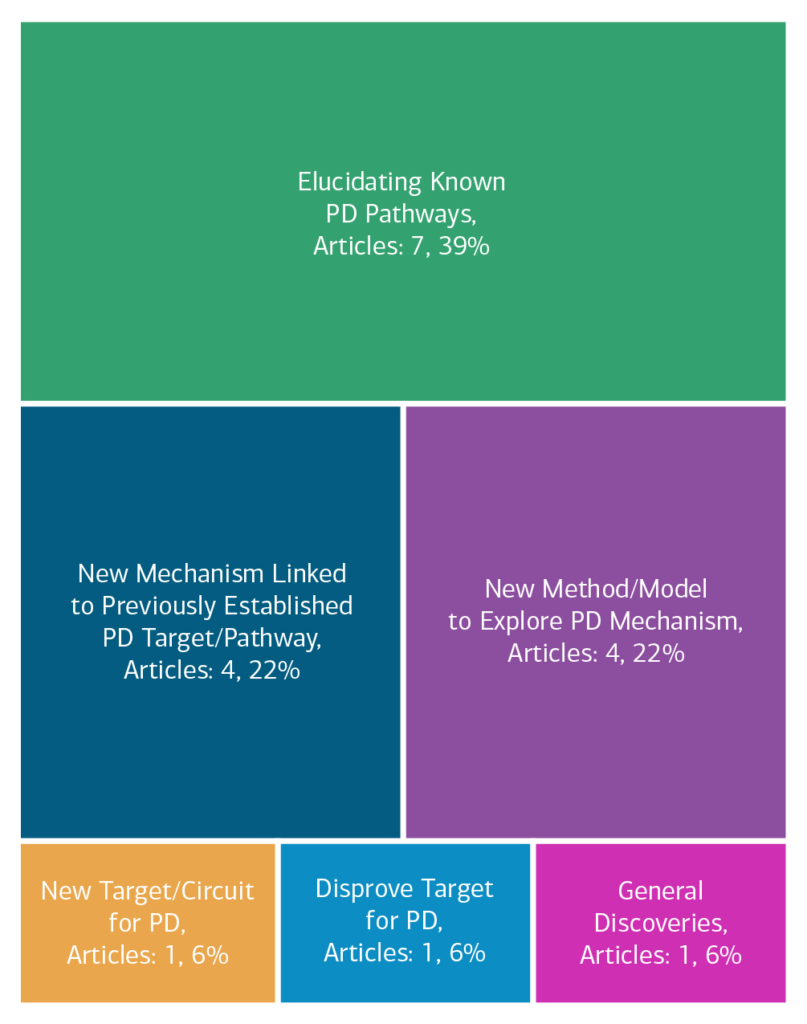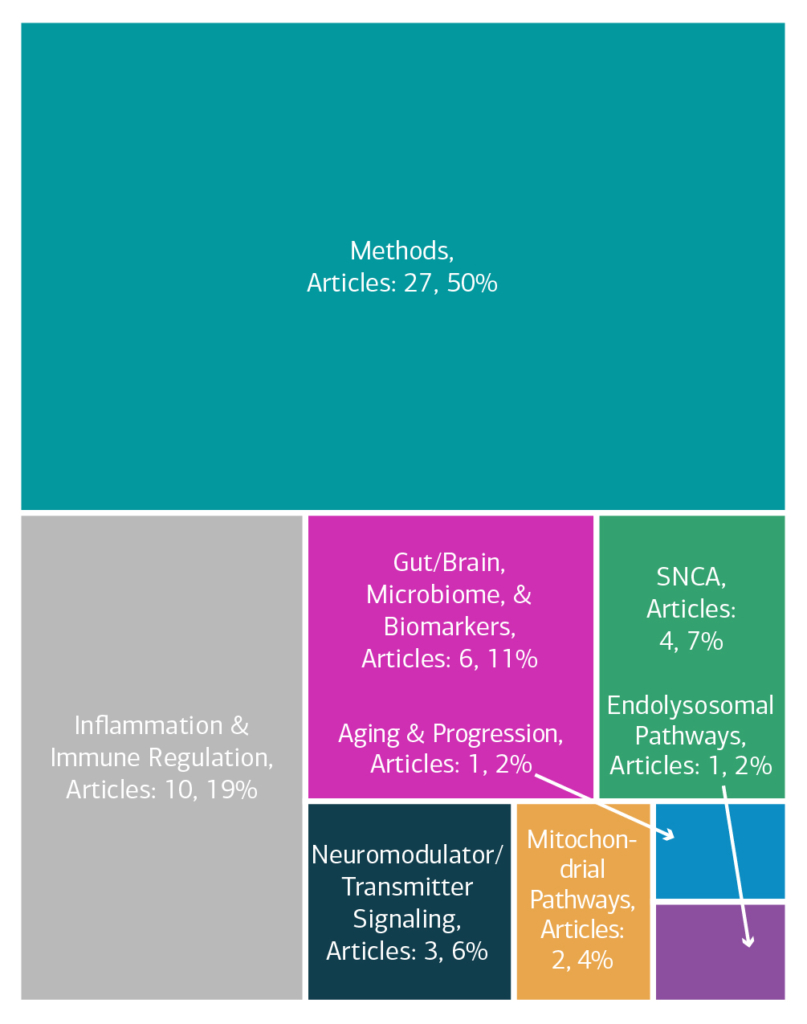Neuro-immune Interactions | 2020
Adaptive Immunity in the Etiology and Progression of Parkinson’s Disease
Study Rationale: Research from Team Sulzer indicates that immune cells may play central roles in the development of Parkinson’s disease (PD). In PD, certain types of nerve cells can activate specific types of immune cells (known as T cells, which are found in the blood and lymph nodes). These T cells may kill nerve cells in PD patients’ gastrointestinal tract and brain, and the loss of nerve cells contributes to the symptoms of PD. These immunological responses will be studied in animal models and human tissue including the brains of PD patients.
Hypothesis: Team Sulzer proposes that, in PD, these activated T cells mistake the body’s normal nerve cells as foreign invaders (autoimmunity) and this error is critical in the initiation of PD. The interactions of T cells with nerve cells underlies the loss of specific neurons in PD, including substantia nigra dopamine neurons.
Study Design: Team Sulzer will determine the steps that occur in T cell activation in PD by examining T cells in blood from PD patients and healthy controls, and in the gut and brain of new mouse models of PD. To examine if these cell types are in human brain, Team Sulzer has developed new methods to detect signals in specific cells in autopsies of PD patients.
Impact on Diagnosis/Treatment of Parkinson’s Disease: The T cells and the molecules they use to interact with nerve cells can be used to identify people with PD before they develop symptoms, to identify ways to predict the progression of PD, treatments optimal for specific patients, and to provide new therapies by blocking steps in immune responses.
Leadership
Project Outcomes
Team Sulzer expects this unique nexus of microbiology, immunology, and neuroscience to make critical contributions to unraveling PD pathogenesis by defining the role of the adaptive immune system, potentially informing the development of novel therapeutic approaches. View Team Outcomes.
Team Outputs
Click the following icons to learn more about the team’s outputs:
Overall Contributions
Here is an overview of how this team’s article findings have contributed to the PD field as of June 2025. There are two different categorizations of these contributions – one by impact to the PD community and a second by scientific category.
Impact

Category

Featured Output
Below is an example of a research output from the team that contributes to the ASAP mission of accelerating discoveries for PD.
T cell responses towards PINK1 and α-synuclein are elevated in prodromal Parkinson’s disease
Previously, Team Sulzer has shown the T cells in Parkinson’s patients have a higher response to alpha synuclein and PINK1. In this current study, they investigated whether this increase response is also present in the prodromal phase of patients that are at high risk of developing PD. Reactivity was seen in both male and female donors, contrary to PD donors, in which it is only seen in males. Together, these findings provide insights into using T cell reactivity to determine early diagnosis of PD.
Team Accolades
Members of the team have been recognized for their contributions.
- Open Science Champions: Cecilia Arlehamn
- Network Spotlights: Ben Hobson, Sarkis Mazmanian
- Awards
- 2023 Collaborative Meeting: Conner Monahan (Third Place Winner in Neuro-Immune; San Diego), Aubrey Schonhoff (Second Place in Neuro-Immune; London)

Other Team Activities
-
Working Groups: Microbiome – Sarkis Mazmanian (Co-Chair), Osama Al Dalahmah (Subgroup Lead)
- Interest Groups: PD Modeling – Rodent & Fly Models – Ashley Harms (Co-Chair)
In the News
- La Jolla Institute for Immunology receives $3.5M for Parkinson’s disease research (Times of San Diego, September 15, 2020)
- UAB investigator part of international collaboration for research on Parkinson’s disease (University of Alabama at Birmingham, September 21, 2020)
- Parkinson’s disease: Essential role in neuroinflammation found for a subset of brain macrophages (University of Alabama at Birmingham, August 9, 2023)
- Study adds to evidence that Parkinson’s starts in the gut (Columbia University, August 18, 2023)
- Immune cells may lead to more Parkinson’s cases in men (La Jolla Institute for Immunology, February 25, 2025)










